I'm trying to integrate OneSignal SDK in Xcode 7.2.1 with CocoaPods 1.0.0.beta.2 and use_frameworks! directive.
When I try to import the framework in AppDelegate.swift I get
No such module 'OneSignal'.
I also have other frameworks included from Cocoapods which work with no problem (ex: Fabric)
I managed to install OneSignal SDK with cocoapods in another project, but without the use_frameworks! directive. I used the bridging header.
